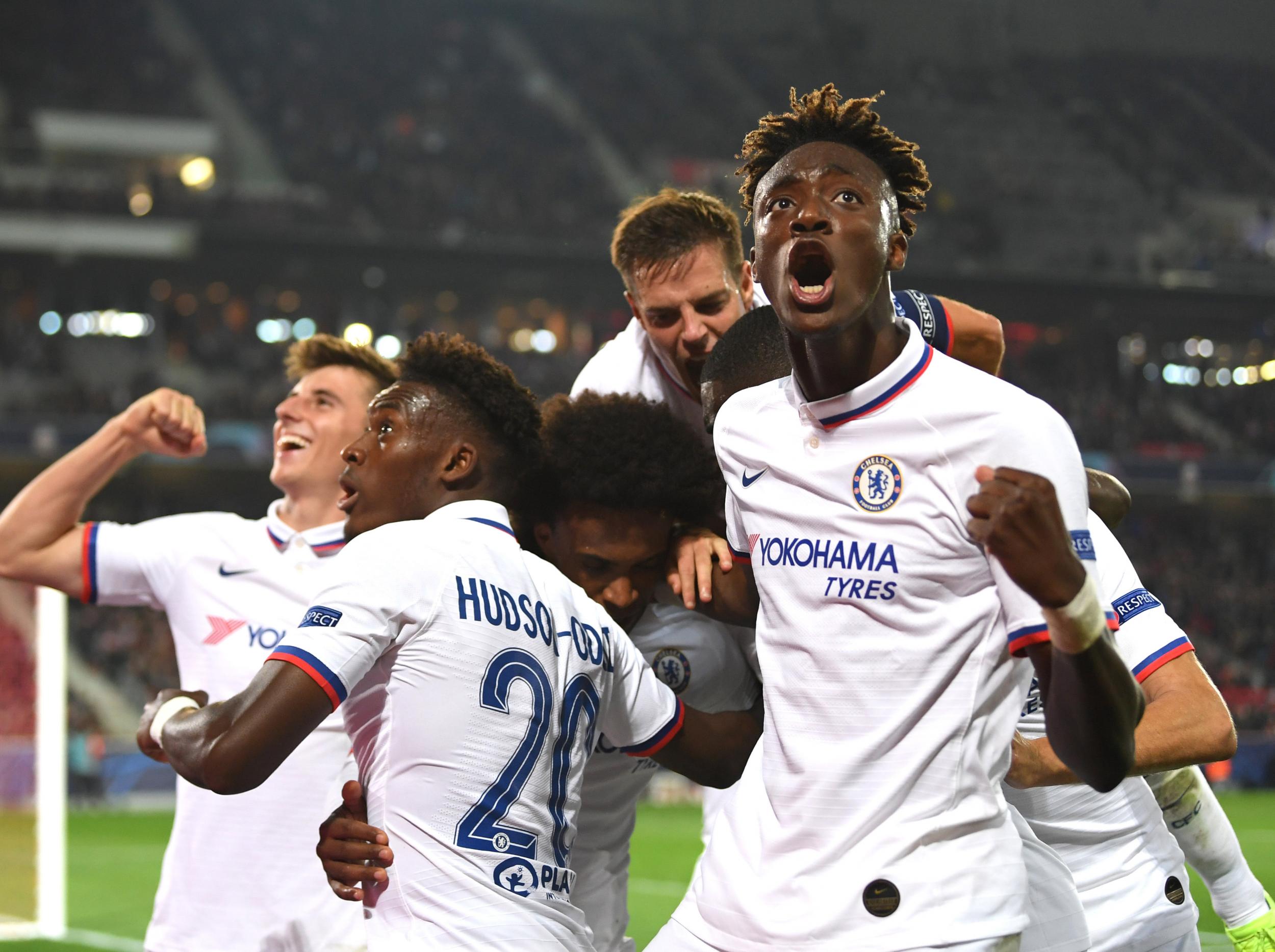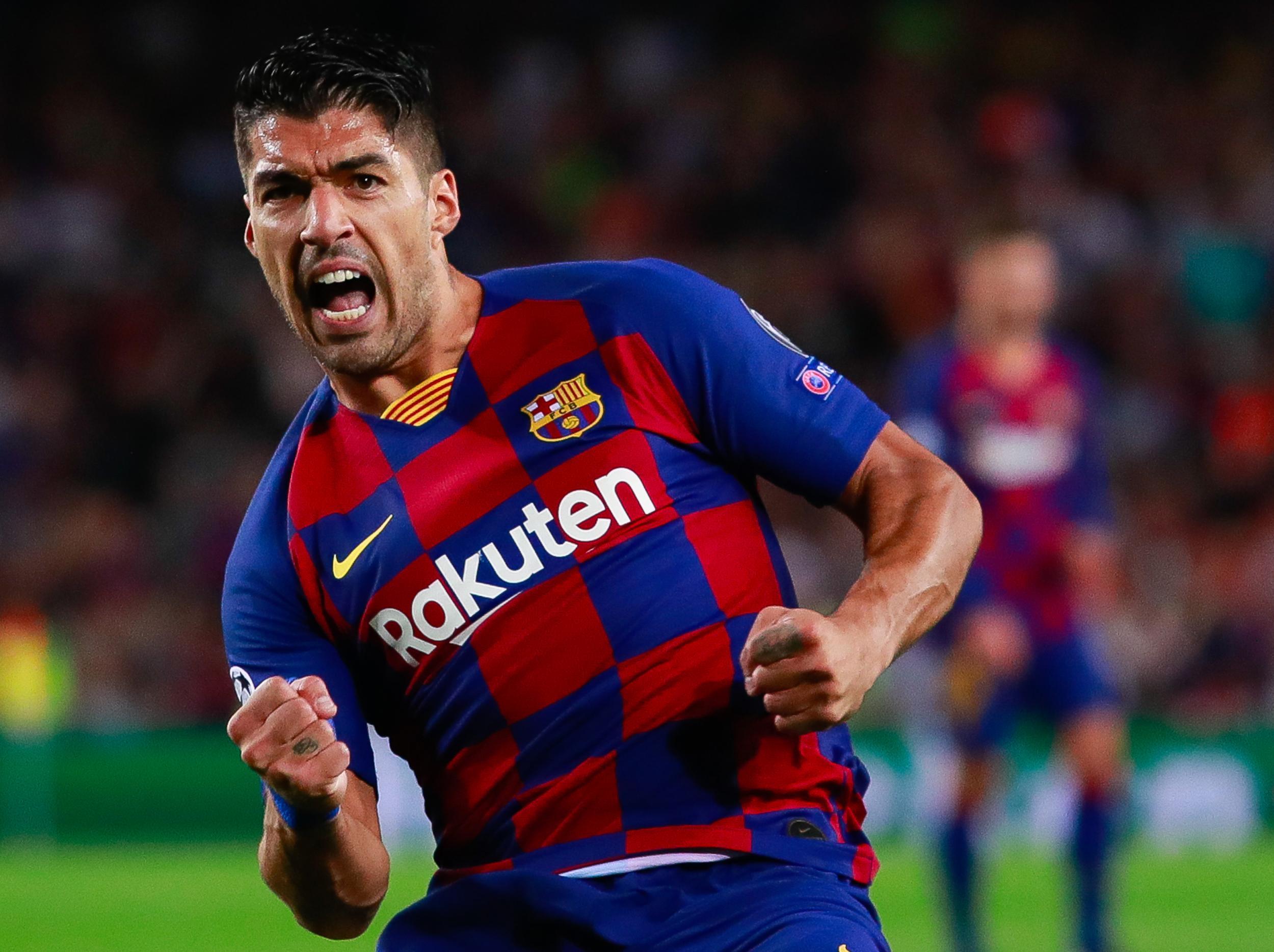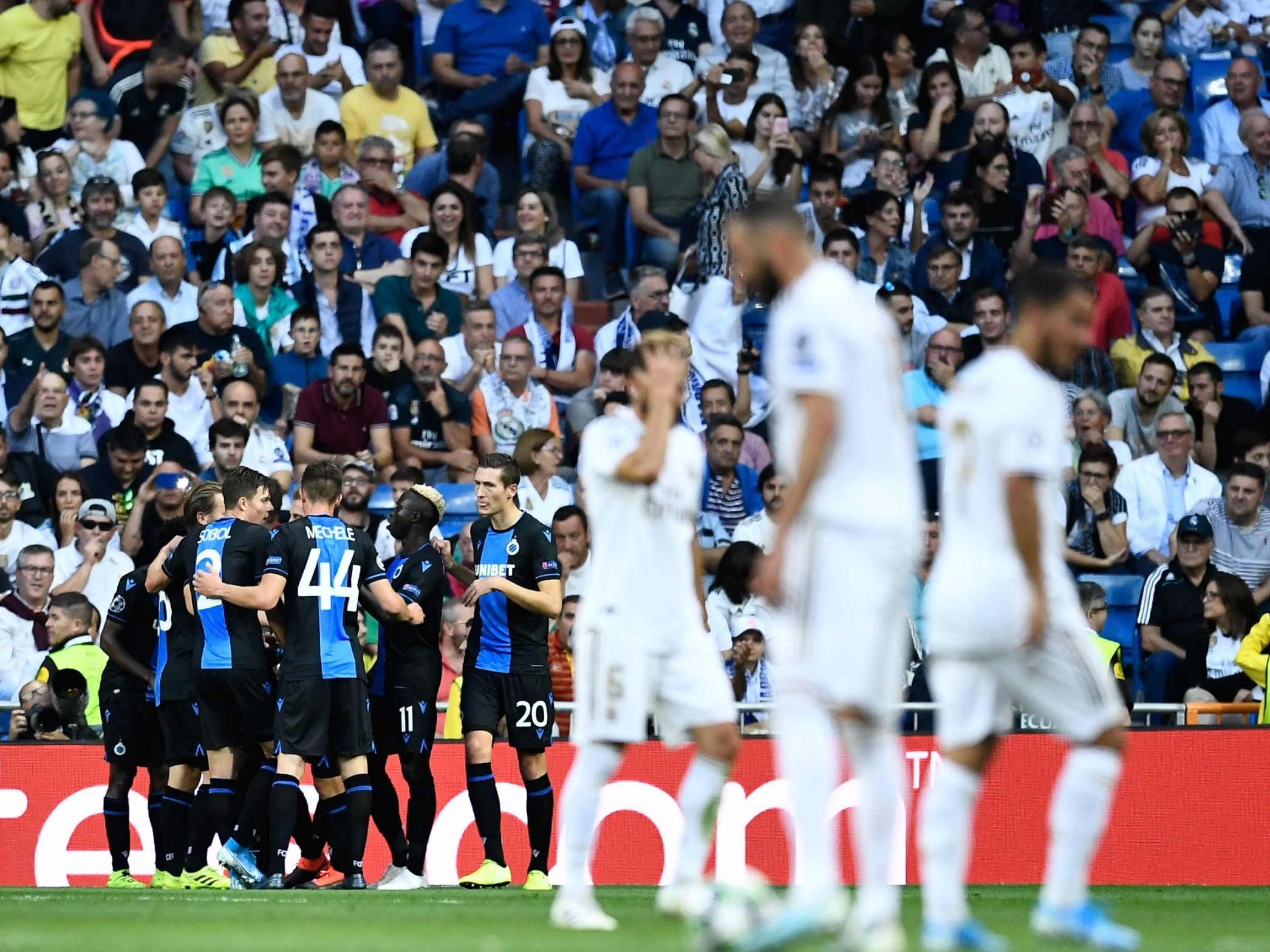How struggles of Real Madrid, Barcelona and Chelsea bear hallmarks of great Champions League era
In the past, the groups have mostly been a procession. Instead, we’ve already seen major surprises and a real sense of peril

Your support helps us to tell the story
From reproductive rights to climate change to Big Tech, The Independent is on the ground when the story is developing. Whether it's investigating the financials of Elon Musk's pro-Trump PAC or producing our latest documentary, 'The A Word', which shines a light on the American women fighting for reproductive rights, we know how important it is to parse out the facts from the messaging.
At such a critical moment in US history, we need reporters on the ground. Your donation allows us to keep sending journalists to speak to both sides of the story.
The Independent is trusted by Americans across the entire political spectrum. And unlike many other quality news outlets, we choose not to lock Americans out of our reporting and analysis with paywalls. We believe quality journalism should be available to everyone, paid for by those who can afford it.
Your support makes all the difference.After a hard-fought win over Lille, where Frank Lampard admitted he had prioritised this match due to the pressure of the group, the Chelsea manager added a comment that might well have been a wider analysis of the competition.
“This Champions League level is something else,” he said, almost as he exhaled.
Lampard was obviously talking about the step-up his young players have had to make this season, but a look around the rest of Europe reveals similar. This season feels different. It feels like something else.
It so far certainly been hasn’t like the last few seasons, when the group stage has mostly been a procession, with so much predictability. Instead, it’s been anything but. There have been some major surprises. There’s been a sense of peril. There’s been spectacle.
And if that at last means the group stage sounds like the raucously exciting knock-out rounds, it thereby means it all feels like the late 90s or early 2000s again.
That was when the first half of this fine competition felt so exacting, when there was a competitive balance to it that always left things on a knife-edge. And even if it doesn’t actually end up like that, that is how it is currently set up. It’s well primed.
So far, only three of the nine or so major clubs have looked any way as comfortable or commanding as would have been expected. They are Paris Saint-Germain, Bayern Munich and Manchester City.
And in their groups, that has left other big-league heavyweights in real trouble: Real Madrid and Tottenham Hotspur. It means that, even if those three are running away with it, the ripples from that may create waves - and excitement - elsewhere.

In between, then, there are so many groups that are now properly in the balance. That really does feel like the late 1990s, where properly good teams have to really bring their quality to make sure, rather than just coast. That could be seen in the resilience of Atletico Madrid and Juventus, and - more resoundingly - the quality of some of the goals this week
Even if Bayern ended up battering a collapsing Tottenham Hotspur, that was not the case at 1-1, when the pressure was on a player like Robert Lewandowski - who so badly wants to finally win the Champions League - to produce a moment of quality. He more than did that.
He produced a moment of exceptional quality. It was of the exacting type that reminded of the days in the late 90s when the truly elite clubs like Juventus would just produce the maximum out of the minimum; when they’d so ruthlessly and thrillingly exploit any space given up; when they’d show any opposition - yes - the level.
The way Lewandowski used Jan Vertonghen as a disguise, to only add to the devastating quality of his finish, was just a vintage example of this.

It was much the same at Camp Nou, where Barcelona certainly didn’t batter Internazionale. It was the opposite. They needed salvation, or they would have been in real trouble. They got it, in true genius, on multiple levels.
Leo Messi just cut through the Inter defence in that incomparably incisive way he can, to feed Luis Suarez, for the Uruguayan to take the kind of incredibly inventive touch that only he can to then finish superbly. It was next level.
More importantly, though, these were not just displays of power or class that we’ve still seen in the group stage so many times before. The players didn’t do these things because they could, in hugely forgiving conditions. They did it because they had to, in increasingly demanding conditions.

Some of the reasons for this do feel obvious in that there are a fair few of the super-clubs going through transitional periods, or overcoming current struggles. Some of it, however, is down to something that the Champions League should really be about; that it used to be about.
It has been about good sides from smaller leagues. You only have to look at the trouble Red Bull Salzburg gave Liverpool, or the utter panic Club Brugge caused Madrid. There’s then been the spark of both Dinamo Zagreb and Red Star Belgrade.
It is possible - and, in truth, probable - that much of this will pass; that it will be eroded by the usual major forces of the competition. These sides likely fade away. Money will out. Even if that does happen, though, there has already been a level of jeopardy introduced to the group stages we haven’t seen for some time.
Many groups already look like they will go to the wire, not least those involving Spurs, Chelsea, Barcelona and Real Madrid. Those are some names. That, at last, is the level of this competition right now.
Join our commenting forum
Join thought-provoking conversations, follow other Independent readers and see their replies
Comments